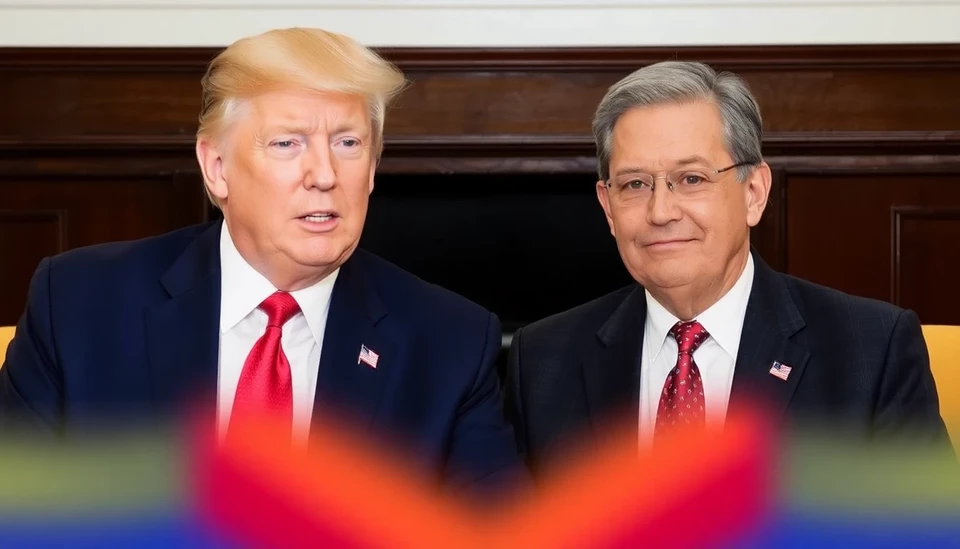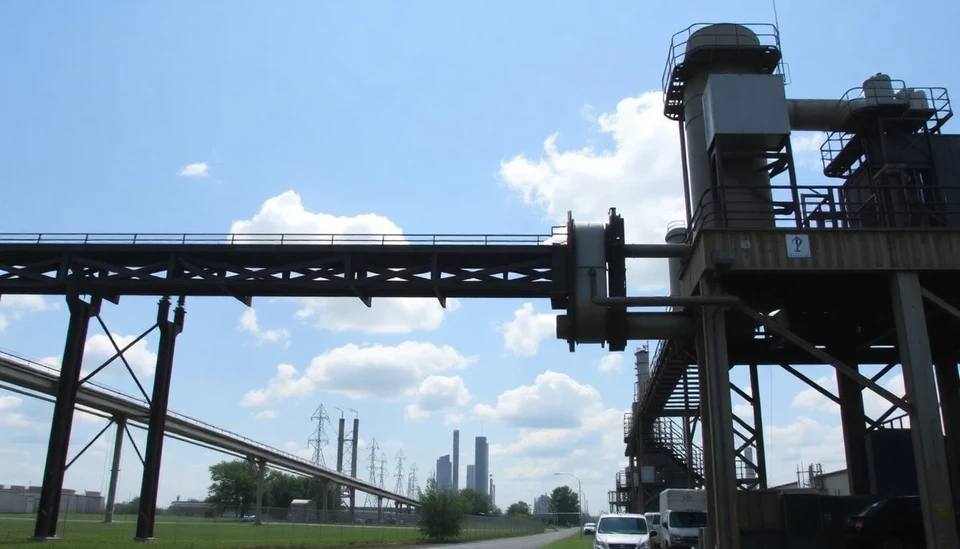
Recent documents have revealed that Chevron, the American oil giant, has continued to file tax payments in Venezuela despite the stringent sanctions imposed by the U.S. government. This revelation raises significant questions about the company's strategy and its compliance with international regulations.
Venezuela, once a prominent player in the global oil market, has been reeling under severe economic and political instability, exacerbated by U.S. sanctions aimed at curbing the influence of the Nicolás Maduro regime. These sanctions have limited the ability of American companies to operate within the country, creating a complex landscape for firms like Chevron that maintain a long-standing presence in the region.
The documents obtained highlight that Chevron has not only filed tax returns but has also made payments to the Venezuelan government. This action appears to be in direct contradiction to the intentions behind U.S. sanctions, which were designed to isolate Maduro's government financially. Critics argue that these payments could be viewed as a means for the Venezuelan government to sustain its finances while it continues to disregard human rights and democratic principles.
Chevron's operations in Venezuela mainly focus on two joint ventures with the state-owned oil company, Petroleos de Venezuela S.A. (PDVSA). These operations have historically linked the company to one of the world’s largest oil reserves, which raises significant stakes for Chevron as the global demand for energy continues to fluctuate. However, with the current geopolitical tensions, the implications of such operations are layered with risk and ethical considerations.
Industry analysts suggest this situation puts Chevron in a precarious position. While the company has sought to maintain its foothold amid the upheaval, the act of continuing to file taxes could expose them to backlash from both the U.S. government and from investors who are increasingly wary of engaging with nations under heavy sanctions.
As discussions about climate change and the transition to renewable energy gain traction, the perception of fossil fuel companies is under scrutiny. Chevron’s actions may be interpreted as a dissonance with the global movement towards sustainability, further complicating their corporate image.
Facing pressure from various stakeholders, Chevron has refrained from making public comments regarding their specific tax filings in Venezuela. The strategic decision to continue operations, while adhering to the legal frameworks, underscores a business dilemma in balancing profitability and ethical accountability in an increasingly polarized environment.
The unfolding situation in Venezuela and its impact on multinational corporations is under keen observation as global dynamics evolve. With the potential for changes in government policy and international relations, Chevron’s continued engagement may need reevaluation moving forward.
This complex web of operations, ethics, and international politics not only affects Chevron but also highlights the broader implications for corporations operating in similarly sanctioned environments worldwide.
As the narrative evolves, stakeholders will undoubtedly analyze how these developments shape the future of energy sectors globally and reconsider their relationships with governments and international agencies.
In conclusion, Chevron’s recent tax filings in Venezuela amidst stringent sanctions exemplify the challenging intersection of business viability and geopolitical realities in a world that increasingly demands corporate responsibility.
#Chevron #Venezuela #Sanctions #OilIndustry #CorporateResponsibility #InternationalRelations
Author: Victoria Adams




